Program Director of the Valdai Club Ivan Timofeev writes on the implications for global and regional players.
The EU bears the most serious losses and costs
The European Union bears the most serious losses and costs. They are agreed with the rupture of numerous trade and economic ties with Russia. The main challenge is the substitution of Russian oil, gas, metals and a number of other commodities on the European market. This process will require a serious concentration of resources and political will.
For the next few years, it will influence the economic growth of the EU and the competitiveness of the European industry. At the same time, the ousting of Russian raw materials, painful in itself, is a feasible task. For oil, this process can go faster, for gas – slower. Within the EU, there will be country differences, as dependence on Russian raw materials is heterogeneous.
Regardless of how the Ukrainian crisis will develop and what Russia’s foreign policy will be, ousting the latter from EU trade will be a long-term process.
EU economy gets rich demographic injection
Today the EU also bears the heaviest burden of dealing with Ukrainian refugees. Their correct calculation is still difficult given the rapidly changing situation, but it is already clear that the count is in millions. The EU countries are facing the task of receiving, providing, adapting, and possibly integrating migrants. Social spending in many EU countries will rise.
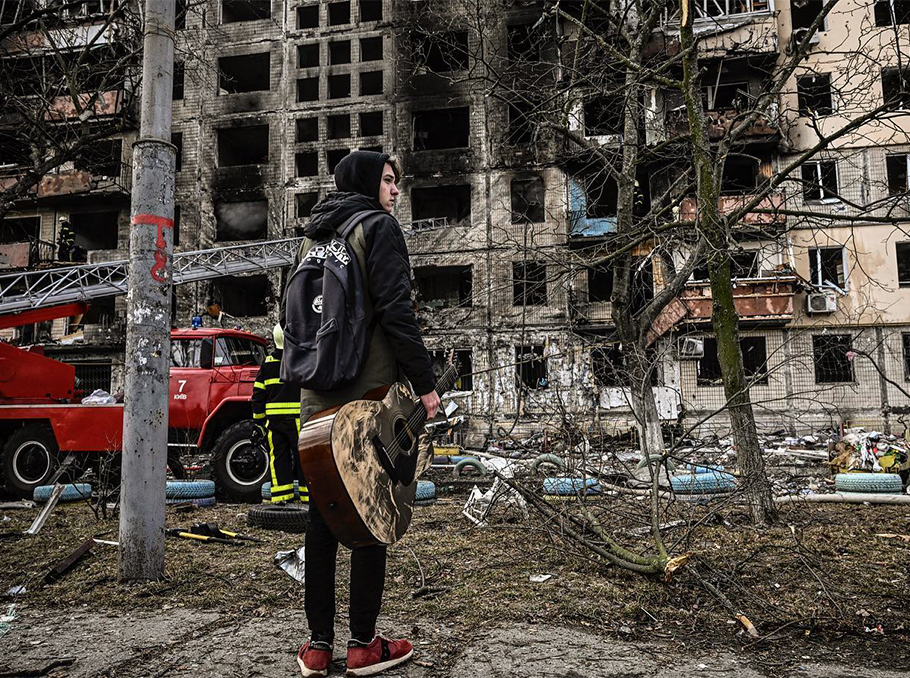
Photo: Aris Messinis/AFP
However, here, too, the European Union turns out to be a beneficiary in the medium term. The EU countries, especially Germany, have accumulated vast experience in working with migrants. Ukrainian migrants are culturally close to most if not all EU countries, in contrast to previous waves of migration from Islamic countries. They are more educated. They are less inclined to form closed diasporas, adapt and integrate more quickly. The EU economy is getting a rich demographic injection.
The EU receives a long-term gain
The EU remains NATO’s junior partner. However, the military-political role of individual member countries will grow significantly. Here, again, Germany should be noted, which has a high potential for increasing defense spending, modernizing the army and developing the defense industry. The highly developed military-industrial complex of the EU countries receives a long-term gain.

Photo: Aris Messinis/AFP
You can also talk about what wins the European project as such. In the face of Russia, it now receives a powerful consolidating factor that enhances internal discipline, nourishes identity and holds together the Eastern European flank.
Washington’s main problems
The United States, at first glance, bear significantly lower costs as compared with the EU, although the rejection of Russian oil may lead to local difficulties and growth of fuel prices. The main problems for Washington lay in other areas. The sharp escalation of confrontation with Russia is again diverting resources from the Asia-Pacific region. The United States will have to increase its military presence in Europe, which means that the concentration of resources on deterrence of the People’s Republic of China (PRC) is now declining. The United States is also concerned about the prospect of the Ukrainian crisis turning into a war between NATO and Russia. In the limit, it is fraught with nuclear escalation. Washington will have to simultaneously deter Moscow, but at the same time act within certain boundaries, fearing an escalation here and now. The control of the intensity of the conflict, preventing it from “boiling over” uncontrollably seems to be a key priority.
The U.S. is more likely to win
In other areas, the U.S. is more likely to win.
The new quality of confrontation with Moscow enables to significantly increase NATO’s internal discipline and achieve a more significant contribution of European countries to common security.
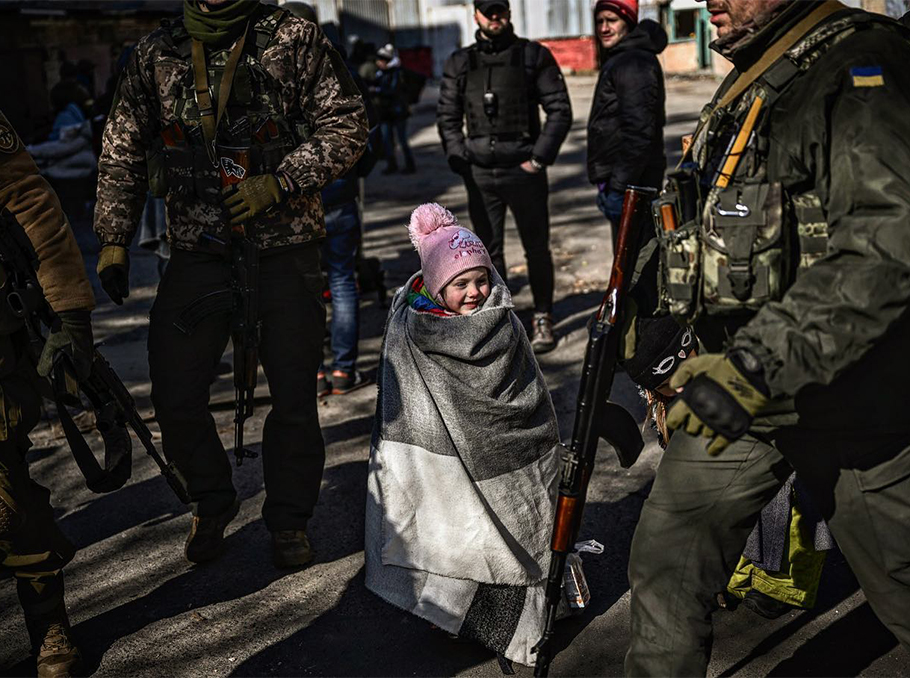
Photo: Aris Messinis/AFP
This is a task that neither Donald Trump, nor Barack Obama, nor George W. Bush could handle previously. Now it is solved without big problems. Moreover, further expansion of NATO is possible. Membership in the organization of neutral Sweden and Finland is not predetermined. But the number of supporters of such a move within both countries has grown significantly.
The need of diverting resources to Europe, in theory, can also be used by the United States in their favor. Washington and its allies have received carte blanche for an unprecedentedly powerful blow to Russia’s economic and technological potential. There is no doubt that Russia will remain the most important military challenge for the U.S. and the West. However, the economic base of the military potential is likely to be undermined with the prospect of further concentration on Asia.
The U.S. energy sector wins. In the near future, it will receive a significant part of the European market. In addition, it will now be more convenient for the Americans to oust Russia from the world arms markets. China and India will remain major buyers. But competition for other markets will be more difficult for Moscow due to stronger U.S. opposition.
The United States has accumulated a set of internal problems. The Russian factor once again enables to at least partially consolidate Congress and society. However, the impact of the crisis on the 2024 elections is still highly uncertain.
China gets wider space to maneuver
China gets a wide space to maneuver. Unlike the EU and the U.S., current costs for China will be minimal. Military and political pressure from Washington is declining. Given the large-scale anti-Russian sanctions, China can claim a significant part of the vacating Russian market. Russian energy resources will now be more accessible to China, and their price will certainly be much lower than before. However, there may be difficulties in the infrastructure plan for their delivery to the Chinese market. The PRC is also becoming Russia’s most important financial partner, and such a partnership will be asymmetrical in favor of the PRC. Beijing is further strengthening stability on its northern and northeastern frontiers.
Russia’s partnership with China proves to have no alternative.

Photo: Aris Messinis/AFP
China has new opportunities of influence in Central Asia. Based on the experience of sanctions against Russia, China will do significant work to improve its own economic security in case of similar complications with the West. At the same time, the ongoing processes are still unlikely to lead to the emergence of a full-fledged Russian-Chinese military-political alliance. Apparently, China will keep distance and free hand.
China’s strengthening is a problem for India
India is the least affected by the current crisis. Delhi maintains a dialogue with Moscow and will resist attempts by third countries to influence military-technical cooperation. However, the position of lobbyists for Western arms manufacturers in the country may be strengthened. China’s strengthening against the backdrop of the crisis is a problem for India. But the changes can hardly be called fundamental.
Iran has a chance
Joe Biden’s administration is capable to return the exemptions for the purchase of Iranian oil canceled by Donald Trump for a number of countries in Europe and Asia. The problem for the U.S. will be that Iran will also get a break and strengthen its negotiating position. In the future, this will cause pressure from the Republicans, who oppose deals with Tehran. But against the backdrop of Russian opposition, these differences may recede into the background. In any case, Iran has a chance to take advantage of the situation. Such a development of events excludes the formation of a coalition of countries under sanctions, which theoretically could include China, Russia, Iran and Venezuela. China will cooperate with all three, but not to the detriment of relations with the West.
















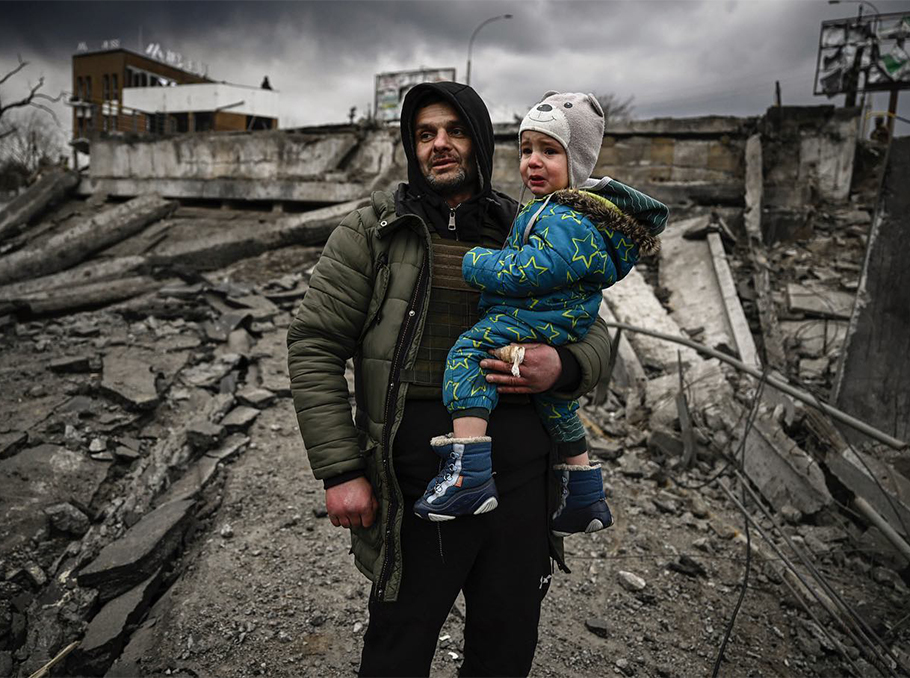


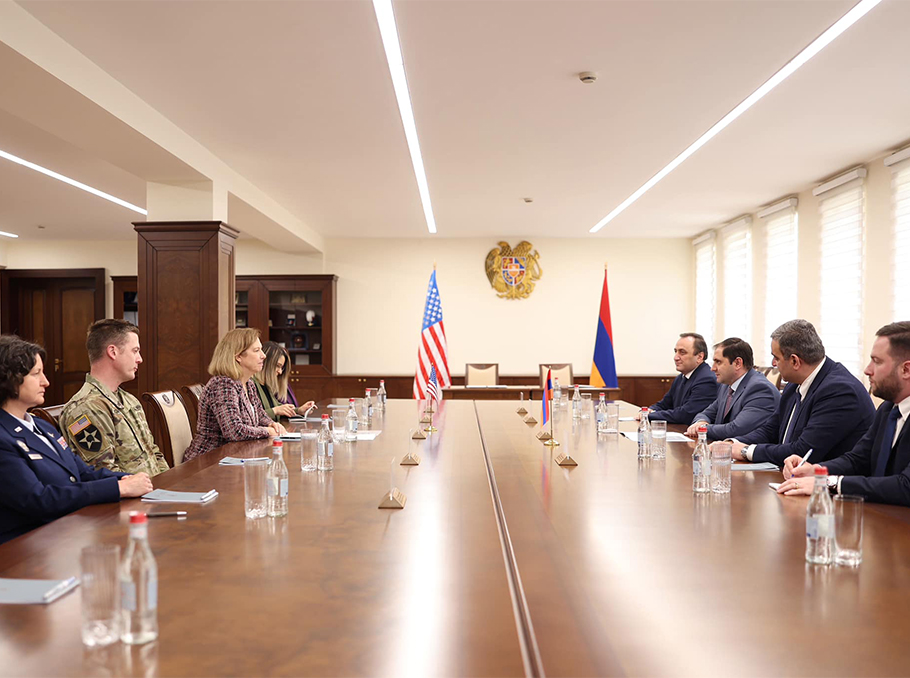
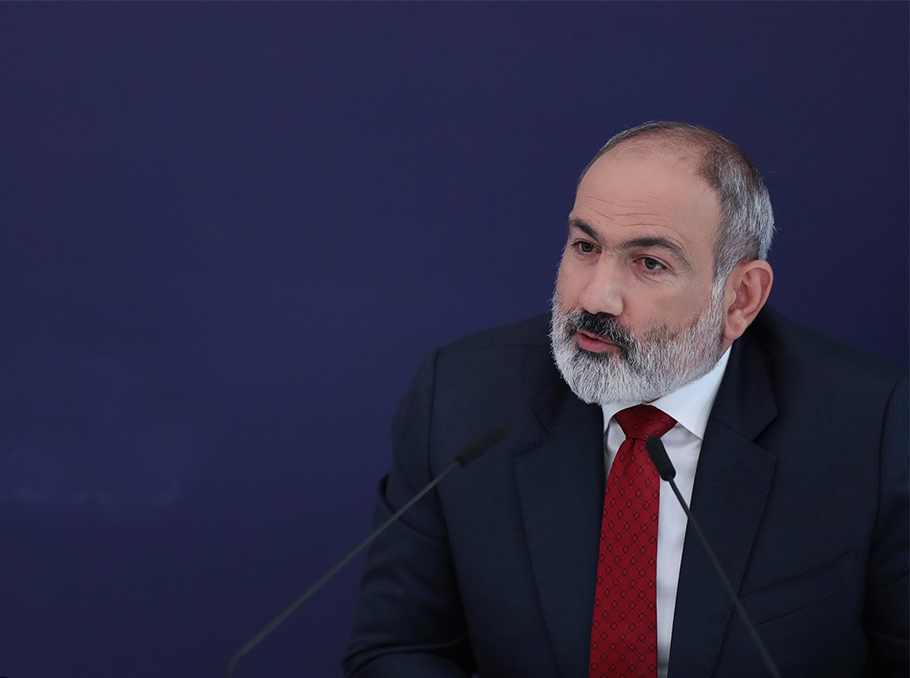





Comments
Dear visitors, You can place your opinion on the material using your Facebook account. Please, be polite and follow our simple rules: you are not allowed to make off - topic comments, place advertisements, use abusive and filthy language. The editorial staff reserves the right to moderate and delete comments in case of breach of the rules.